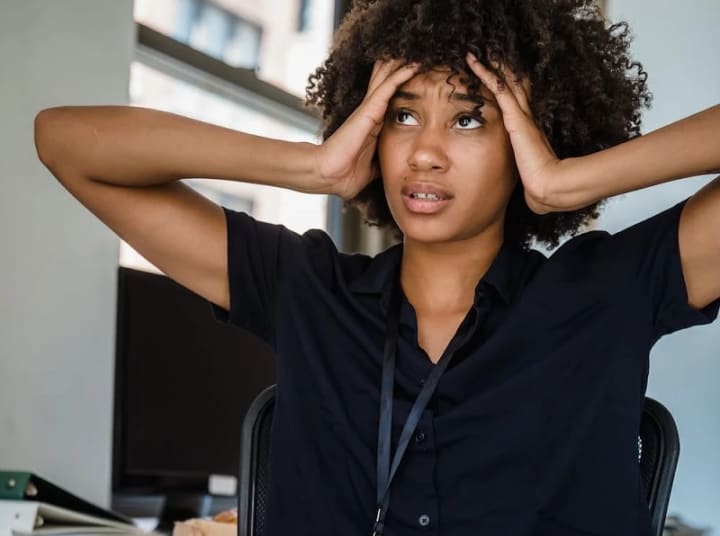Understanding post-holiday depression
These keys will help you understand what post-holiday depression is and what effects it has

It is clear that the possibility of having vacations is one of the necessary aspects for professionals and students to enjoy good physical and mental health; Precisely for this reason, all work for others is subject to regulations by law in this regard. Now, that does not imply that the simple fact of having vacation days brings us only benefits; If certain circumstances arise and we do not know how to manage them emotionally, the vacation period can even give us new reasons to feel discouraged and fatigued.
An example of this is what is known as post-vacation depression , a psychological phenomenon that, although technically it does not develop only during those days without work, is linked to vacations. Let's see what it consists of.
What do we mean by post-holiday depression?
As its name suggests, post-vacation depression is an alteration based on depressive-type experiences (that is, similar to the symptoms of depression) and that occurs after having been on vacation, starting in the last days of these or just when returning to the work routine. It is a combination of forms of emotional discomfort that lasts for a few days at a time, and at most, a couple of weeks.

Because the degree to which it usually affects people is not very intense and, on the other hand, it lasts for a relatively short time, post-holiday depression is not currently considered to be a psychopathology. In other words, it is not a problem to the same degree as the mood disorders that appear in the diagnostic manuals, among which we find clinical depression. Now, that does not mean that it cannot be a significant problem in certain cases or that we should not attend to the root of that discomfort; and, on the other hand, it sometimes happens that what initially seemed like a post-vacation depression ends up leading to a psychological disorder as the weeks go by.
For this reason, it is worth knowing the fundamental characteristics of post-holiday depression; Let's see them below.
The keys to understanding post-holiday depression
These are the aspects of post-vacation depression that will help you understand the nature of this alteration.
1. Post-vacation depression is based on the rapid change of routines
Although there is no single cause of post-holiday depression, but rather a combination of various variables interacting with each other, one of the most relevant aspects is the sudden change in the routines we carry out. This makes it necessary to quickly adapt again to tasks that we have not even planned; they are linked to our job and are given by the pressures to which the company we work for or our clients submit to us.
Thus, on the one hand, we must return to "degreasing" certain routes of thought that we had not been using during the holidays, and on the other, we must let go of the expectations of leisure and relaxation that we had been maintaining during those days of disconnection.
2. Low mood is combined with stress
Although by its name it seems that post-vacation depression only consists of feeling down, in reality it is more like an anxious-depressive picture than a purely clinical depression. In other words, there is an ambivalence between the lack of motivation and desire to return to the routine, on the one hand, and a state of high nervous activity due to how complicated it is to face the challenges of the working day, on the other. .
3. It does not arise from a lack of sleep
Although it is common that when we return from vacations we do not get enough sleep due to the change in time management or even due to jet lag, post-holiday depression is not a simple lack of sleep ; It has more psychological than physical causes.
4. This is a problem that can be prevented
There are some strategies that help reduce the chances of suffering from post-holiday depression. For example, leave a couple of "cushion" days between the days of travel and leisure activities, on the one hand, and returning to work, on the other, to give us time to readjust to the routine. Or, for example, maintain a consistent sleep schedule throughout your vacation.
5. It can be aggravated by problems at work
It may happen that problems arise in the work context that aggravate a case of post-holiday depression ; for example, the extra responsibilities that we have to take care of while the rest of the team is on vacation, or an accumulation of pending tasks that no one has taken care of due to poor organization of responsibilities.






Comments
There are no comments for this story
Be the first to respond and start the conversation.